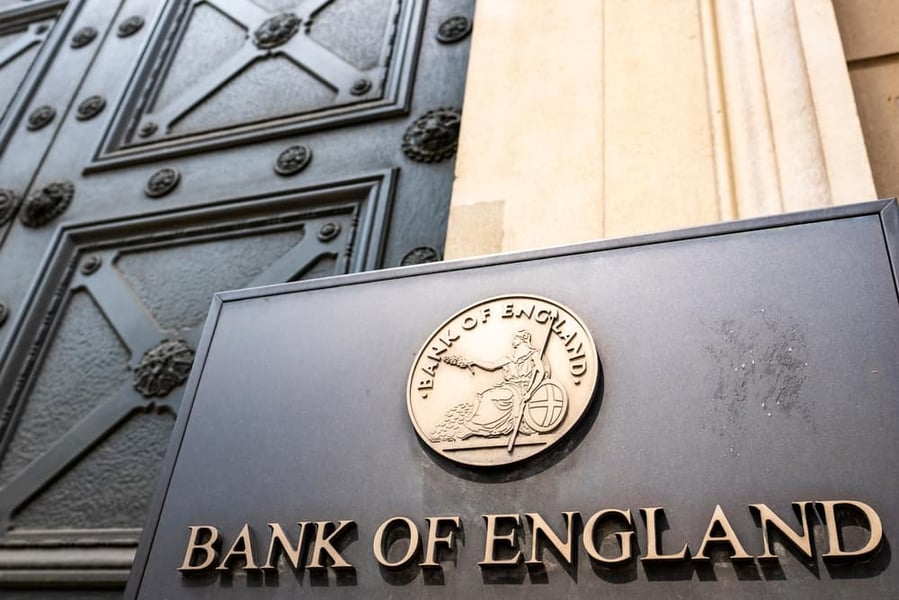The report also showed mortgage approvals for house purchase rose to 71,000 in December, above the 12-month average up to February 2020 of 66,700.

Net borrowing of mortgage debt by individuals amounted to £3.6bn in December, according to the Bank of England’s latest Money and Credit update.
The report also showed mortgage approvals for house purchase rose to 71,000 in December, above the 12-month average to February 2020 (66,700).
Consumers borrowed an additional £0.8bn in consumer credit, on net. The effective rate on new personal loans fell by 16 basis points to 6.27% in December.
Sterling money was unchanged in December, down from a £14.1bn increase in November.
Households’ holdings of money weakened, with net flows of £2.7bn compared with £5.1bn in November.
The effective interest rate paid on individuals’ new time deposits with banks and building societies fell to 0.36%.
Large businesses borrowing from banks fell to £0.3bn in December, whilst small and medium sized businesses repaid £0.6bn.
Private non-financial companies (PNFCs) redeemed £3.2bn in net finance from capital markets.
Dave Harris, chief executive of more2life, said: “Today’s figures suggest that December provided a quieter end to what had been a busy and turbulent year for the residential property market.
"Fuelled by the stamp duty holiday, we saw house prices climb as demand outstripped supply – especially for first or second time buyer properties.
“With gifting high on the agenda for over-55s, we also saw the later life lending market grow with the Equity Release Council highlighting that £4.8m had been released by new and returning customers in full year 2021.
"And the market’s growth wasn’t just limited to the amount of equity released – average loan sizes and the number of products in the sector both grew noticeably in 2021.
"As we look ahead to 2022, the industry needs to focus on continuing to build this momentum by creating greater awareness and education around such products, among both advisers and borrowers.”
Paul Heywood, chief data and analytics officer at Equifax UK, added: “Consumers were dealt a triple blow to their finances in December, as inflation, the festive period and a widely debated base rate rise exhausted purse strings.
"Any consumer confidence that grew in November was quickly diminished, as demand for credit dropped and net borrowing of mortgage debt fell in line with November figures.
“We already knew that 1.7 million households defaulted on or missed at least one rent, loan, mortgage, bill, or credit card payment in December 2021, so it comes as no surprise that households were unable to inject more money into their deposit accounts.
"Lenders must be mindful of these difficult circumstances and consider using Open Banking to spot the signs of financial difficulty in advance.
"Doing so will strengthen protection against over indebtedness and help consumers to make the most informed decisions when it comes to their spending.”
Lisa Martin, development director of TMA Club, said: “Today’s figures show that 2021 ended on a quieter note when compared to the unprecedented levels of activity seen throughout the year.
"The low levels of mortgage lending since October were not altogether unexpected, especially since the market saw near record levels of activity in the lead up to the stamp duty holiday.
“The ongoing threat of interest rate rises, coupled by the increased cost of living, will lead to an increase in remortgage activity levels throughout the coming months.
"However, there is still demand among homebuyers, and brokers will need to help their customers lock into appropriate, affordable products while they can.”



